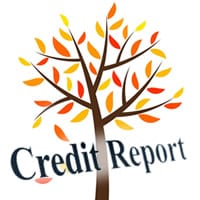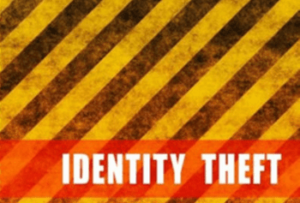You have heard about all the security breaches – from major retail chain stores to credit bureaus and  more. You can’t turn on the news or read a newspaper without learning about another breach.
more. You can’t turn on the news or read a newspaper without learning about another breach.
Because of this, I have always encouraged you to freeze your credit to lessen your changes of identity theft. Well tomorrow is a big day for consumers. Credit report freezes will become free – no more small fee to freeze your credit and another small fee to unfreeze – all this adds up. As of tomorrow, September 21, 2018 and just after the one year anniversary of the Equifax breach, there will be no cost to freeze your credit.
Please remember that you will receive a PIN with your freeze. You will need to keep this in a safe place, but not so safe that you forget where you put it to unfreeze your credit.
In addition, fraud alerts will now be available for 1 year (it was 90 days in the past).
Get out there and take advantage of the free credit freeze tomorrow!





